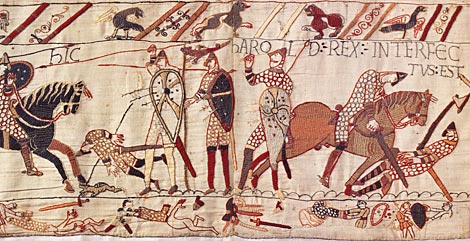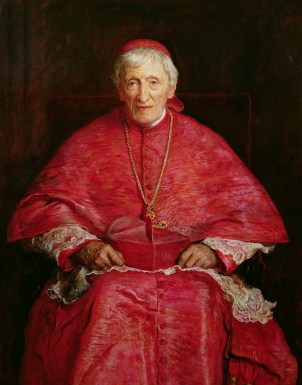httpv://www.youtube.com/watch?v=aboZctrHfK8
From the film adaptation: “the answer to life, the universe, everything”
On this date in 1979 Douglas Adams published The Hitchhiker’s Guide to the Galaxy, which eventually became the first of a six-part “trilogy.” This particular work will require two separate entries: one on science fiction and the other on satire.
Frye on science fiction in “The Bridge of Language”:
The same principle applies to science fiction, which is a form of romance, continuing the formulas of fantasy, Utopian vision, Utopian satire, philosophical fiction, adventure story, and myth that have been part of the structure of literature from the beginning. What the hero of a science fiction story finds on a planet of Arcturus, however elaborate and plausible the hardware that got him there, is still essentially what heroes of earlier romances found in lost civilizations in Africa or Asia. The conventions of literature have to take over at some point, and what we see, in science fiction no less than in Homer and Dante, is, in the title of a seventeenth-century satire set on the moon, mundus alter et adem, another world, but the same world. (CW 11, 320-1)
On “satire of the low norm” in Anatomy, which explains, among other things, why the Hitchhiker’s Guide itself is famously inscribed with the words “DON’T PANIC!”:
[The satire of the low norm] takes for granted a world which is full of anomalies, injustices, follies, and crimes, and yet is permanent and undisplaceable. Its principle is that anyone who wishes to keep his balance in such a world must learn first to keep his eyes open and his mouth shut. . . The [hero] of the low norm takes an attitude of flexible pragmatism; he assumes that society will, if given any chance, behave more or less like Caliban’s Setebos in Browning’s poem, and he conducts himself accordingly. On all doubtful points of behaviour convention is his deepest conviction. (CW 22, 211)
“Dent. Arthur Dent.”



